Let me be honest right up front, this is the kind of tech news that makes you do a double-take. Apple, the company that has built its entire identity around doing everything in-house, is about to hand over the keys to Siri's future to its biggest competitor. That's right: Apple is preparing to launch a completely redesigned Siri in early 2026, and this time, it won't be powered by Apple's own technology alone; it will lean heavily on Google's Gemini AI model.
Think about that for a second. This is the same Apple that wouldn't even let Google Maps stay as the default navigation app because they wanted total control over the user experience. Cue the raised eyebrows in Cupertino. But that move tells you something, not desperation, strategic pragmatism. In the AI race right now, with OpenAI and Google pushing the boundaries, Apple seems to have decided that collaborating beats reinventing the wheel just to prove a point.
This isn't just another software update. It represents one of the biggest overhauls in Siri's history, designed to deliver smarter, more natural responses as part of Apple's broader "Apple Intelligence" strategy. The revamped assistant is scheduled to debut around March 2026, alongside new smart home displays and refreshed Apple TV and HomePod mini models.
Why Apple chose Google over the competition
Here is where the business strategy gets spicy. Apple did not spin a wheel and land on Google; it ran an internal evaluation that shows how big tech calls get made. Apple reportedly held an internal "bake-off" between Anthropic's Claude models and Google's Gemini to decide which AI would power its next wave of tools.
The verdict? Nuanced. While Apple found Anthropic's models technically superior, Gemini offered better financial terms. Not just penny pinching, sustainable economics at scale. Apple's internal evaluations revealed that Anthropic's Claude demanded over $1.5 billion annually, a figure that would reshape the economics of any AI service, even at Apple's size.
And this is not a cold start. Apple already has a search partnership where Google pays the company to have its search engine as the default on iPhone. That existing plumbing makes collaboration easier, even for rivals, and it hints that this AI deal could ripple into that search arrangement in unexpected ways.
How the new system will actually work
So what does it look like under the hood? Apple is paying Google to develop a custom version of Gemini, optimized for its Private Cloud Compute servers. The payoff is simple: Siri processes more complex tasks securely while maintaining Apple's strong stance on privacy.
There is even a codename. Internally dubbed "Glenwood," it centers around Apple's proprietary "World Knowledge Answers" engine, shifting Siri from a basic voice helper to a genuine answer engine. The aim is clear, something that can stand next to ChatGPT and Perplexity instead of punting to a web link.
The architecture splits jobs cleanly. Apple's system uses three components: a planner, a search layer, and a summarizer, with Google handling summaries while Apple retains personal data processing. Think of it as a careful division of labor where your personal information stays on Apple's Foundation Models, never touching Google's servers, while Gemini handles web-based queries and public data summaries. Best of both worlds, no awkward tradeoffs.
What users can expect from the upgrade?
The upgrade reimagines what a voice assistant feels like. Gemini will operate behind the scenes, enabling faster web searches, contextual understanding, and more conversational replies without compromising Apple's familiar interface. Importantly, this partnership does not mean Siri will adopt Google services or branding; users will still get the Apple experience they expect.
Expect"“World Knowledge Answers"” providing users with search capabilities that blend web information with personal data. Also, this update will allow Siri to offer multimedia-rich responses, including text, images, videos, and location data.
Instead of the familiar shrug of""I found this on the web""Apple'ss plan would push Siri beyond short facts into richer, web-sourced responses that blend text, images, video, and local points of interest. Ask about a restaurant and get photos, current reviews, menu highlights, peak hours, parking details, and turn-by-turn directions, all wrapped in an Apple-designed interface.
That gap between what people expect and what Siri delivers finally starts to close. With Gemini powering the knowledge engine, the assistant stops dodging and starts answering.
The bigger picture for Apple's ecosystem
This Siri overhaul reads like chapter one of a bigger AI story. Apple Intelligence will be a major focus at the 2026 Worldwide Developers Conference (WWDC), where the company will also preview iOS 27, macOS 27, and watchOS 27, each featuring deeper AI integration. The Gemini tie-up looks less like a one-off and more like a foundation for the lineup.
Beyond voice, Apple's integration of Google Gemini AI is anticipated to extend to other areas of its ecosystem, including Safari and Spotlight search, though this is not confirmed. Imagine a browsing experience that understands context, or a system-wide search that grasps intent instead of just matching keywords.
There are real hurdles. Despite forming local partnerships, the rollout of Apple Intelligence in China remains uncertain due to ongoing regulatory hurdles. Given China's importance to Apple, that uncertainty matters.
Talent wars shape this, too. Apple'ss Foundation Models group lost its creator, Ruoming Pang, to Meta on a package said to exceed $200 million, followed by roughly ten teammates. When single researchers get packages like that, partnerships start to look less like Plan B and more like common sense.
What this means for the future of voice assistants
The Apple, Google tie-up signals a shift in how big tech builds AI, less build-everything-yourself and more strategic specialization. This collaboration could set a precedent for future collaborations, balancing innovation and privacy as proof that rivals can cooperate when users benefit.
Competitive knock-on effects will follow. The successful integration of Google's Gemini AI could alter the competitive dynamics of AI assistants, influencing future strategic negotiations and industry standards. That puts heat on Alexa, and it could nudge Microsoft to rethink its approach to assistants as well.
The implications stretch beyond voice. If Apple, one of the most vertically integrated companies in tech, is willing to rely on Google for core AI capabilities, the message is clear: the field moves too fast for any one company to own every layer. Expect more focused partnerships, fewer attempts to do it all. Siri's reliance on Gemini marks a pivotal step in Apple's AI evolution, elevating it from a hardware feature that helped sell iPhones to a service that can stand toe to toe with the best.
The spring 2026 launch is the test. Apple gets world-class AI without a crushing R&D bill, Google gains deeper integration with iPhone users, and people get a far better Siri. If it lands, expect the rest of the industry to rethink who builds what, and with whom.
Most of all, this deal hints at a more grown-up tech sector. Not every capability needs to be a moat. Sometimes the smart play is teaming up. Will it restore Siri's reputation as a cutting-edge assistant? I think it has the best shot Apple has taken in years.




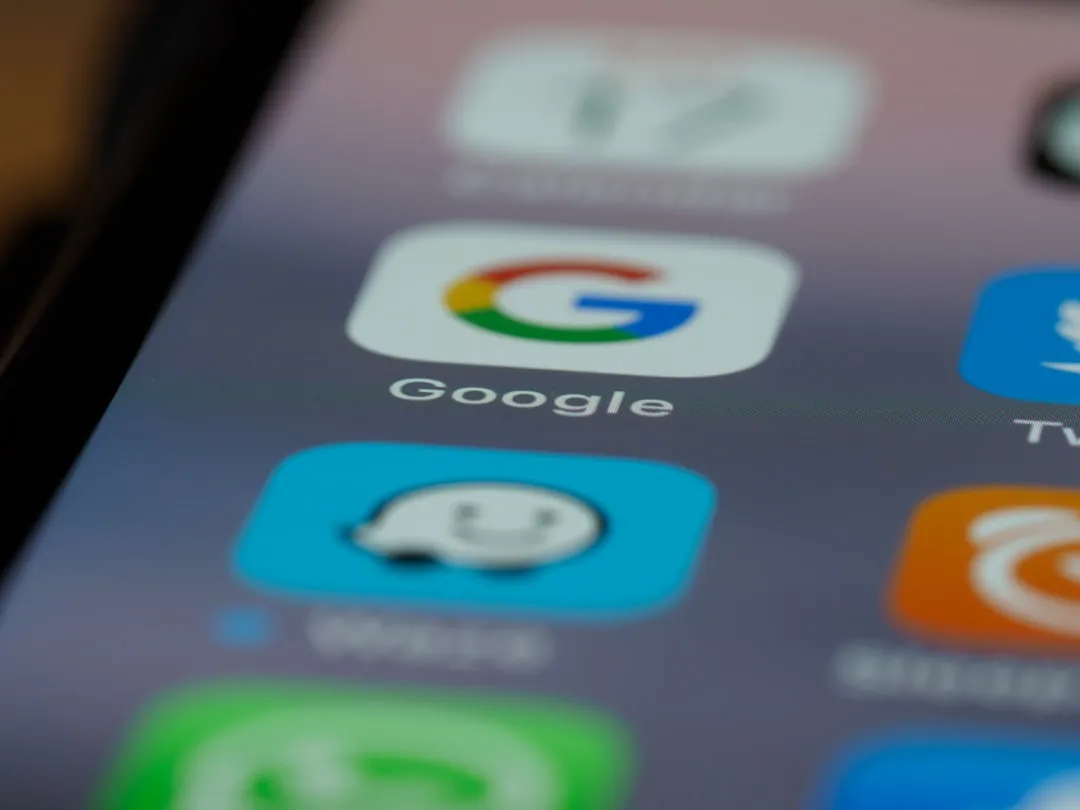
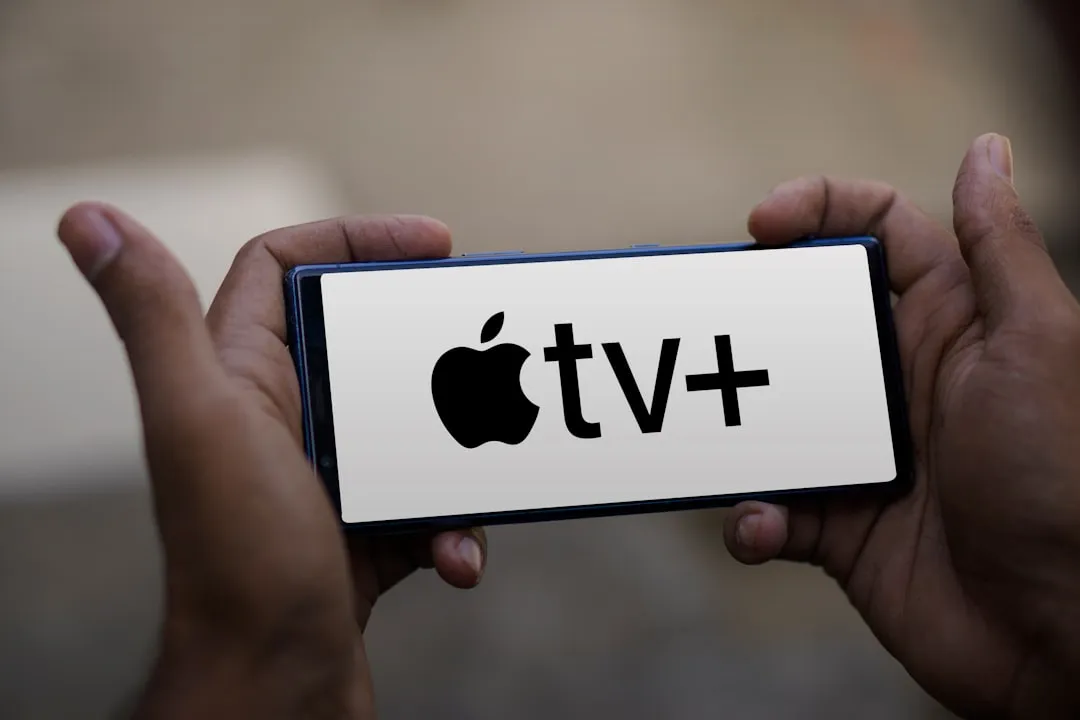

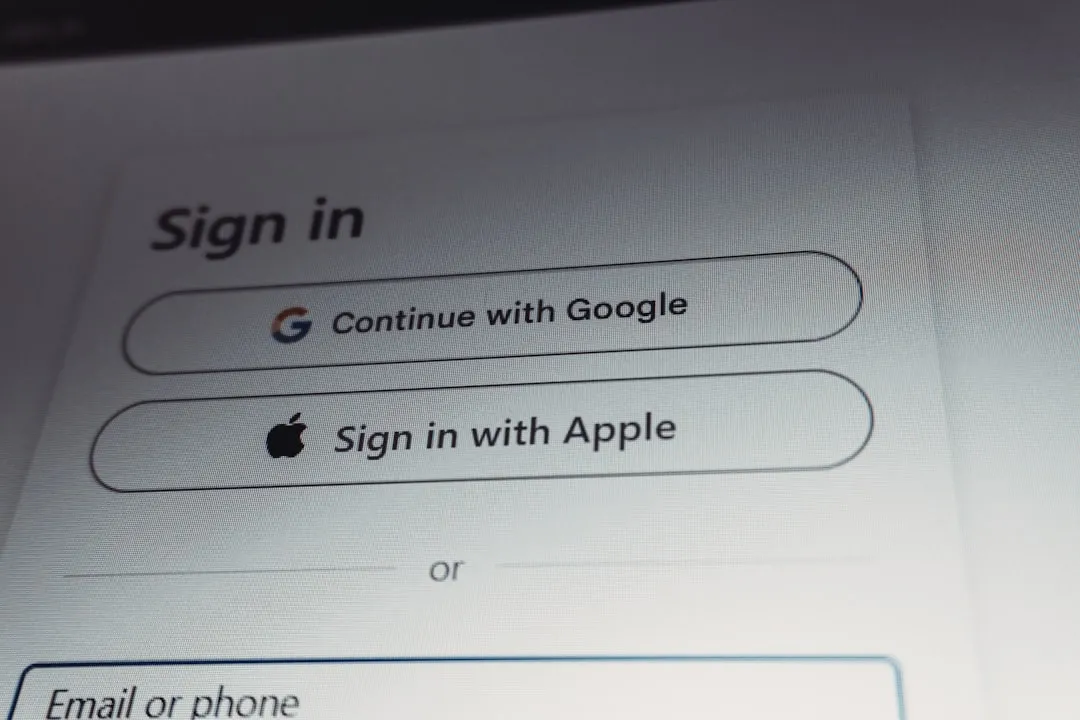
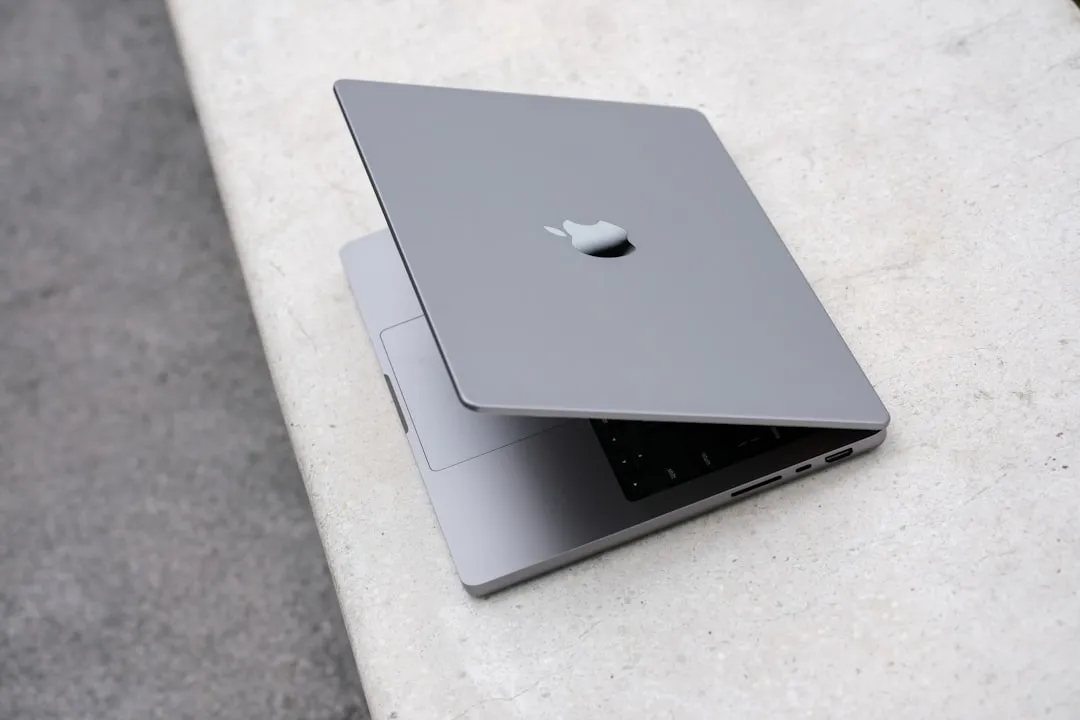


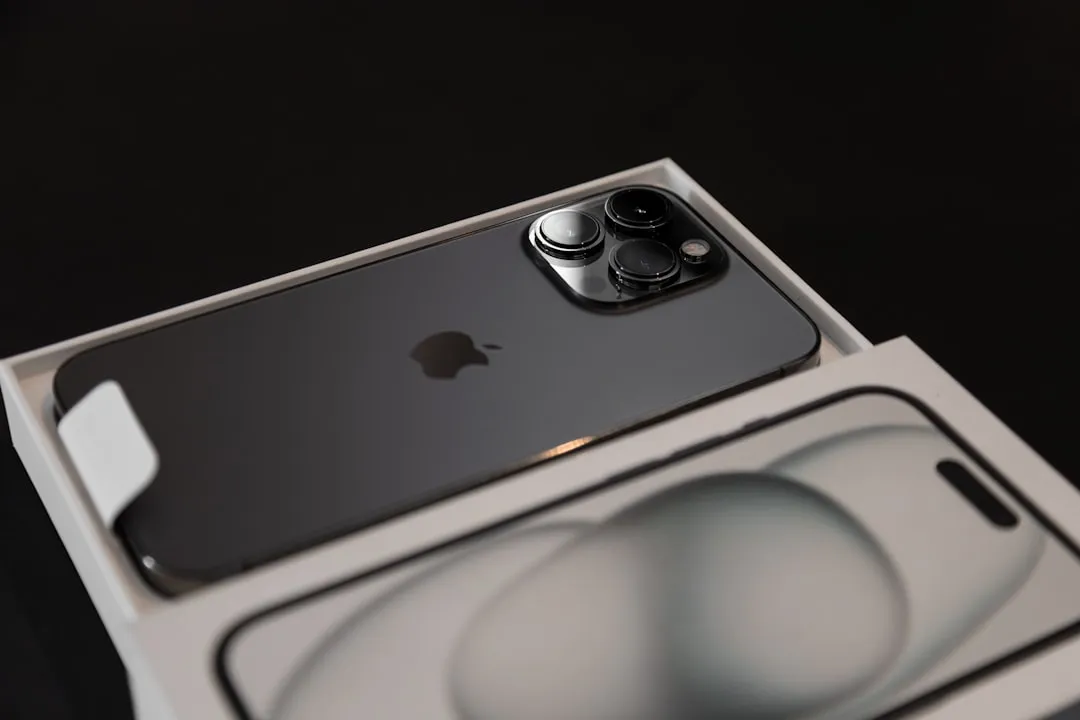

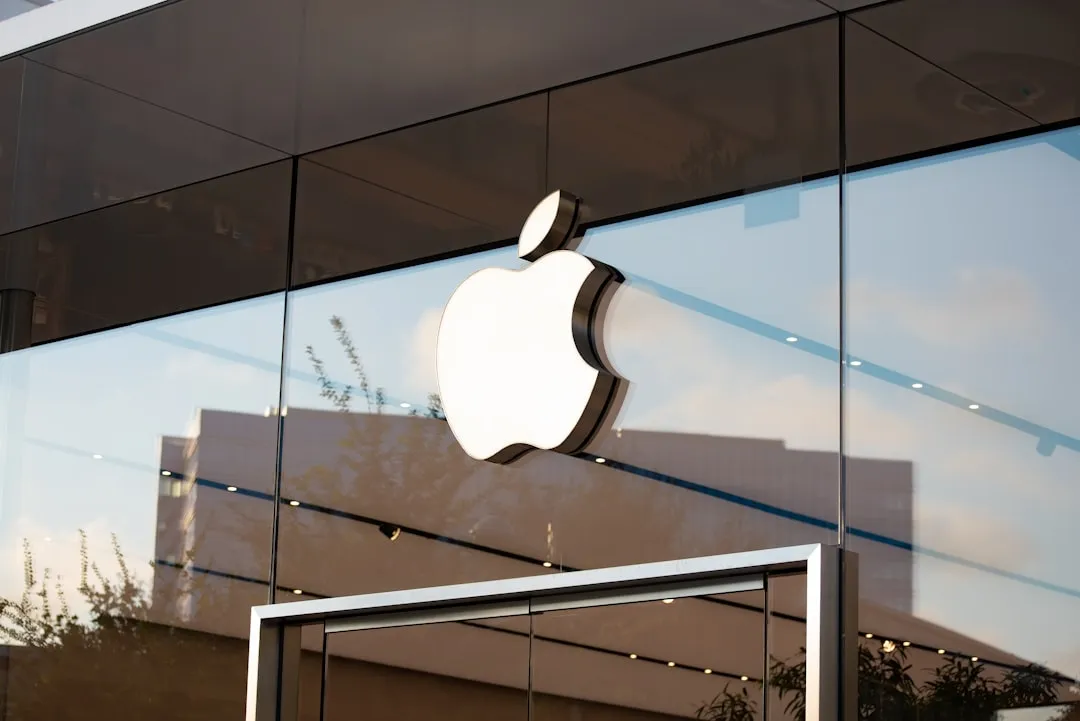

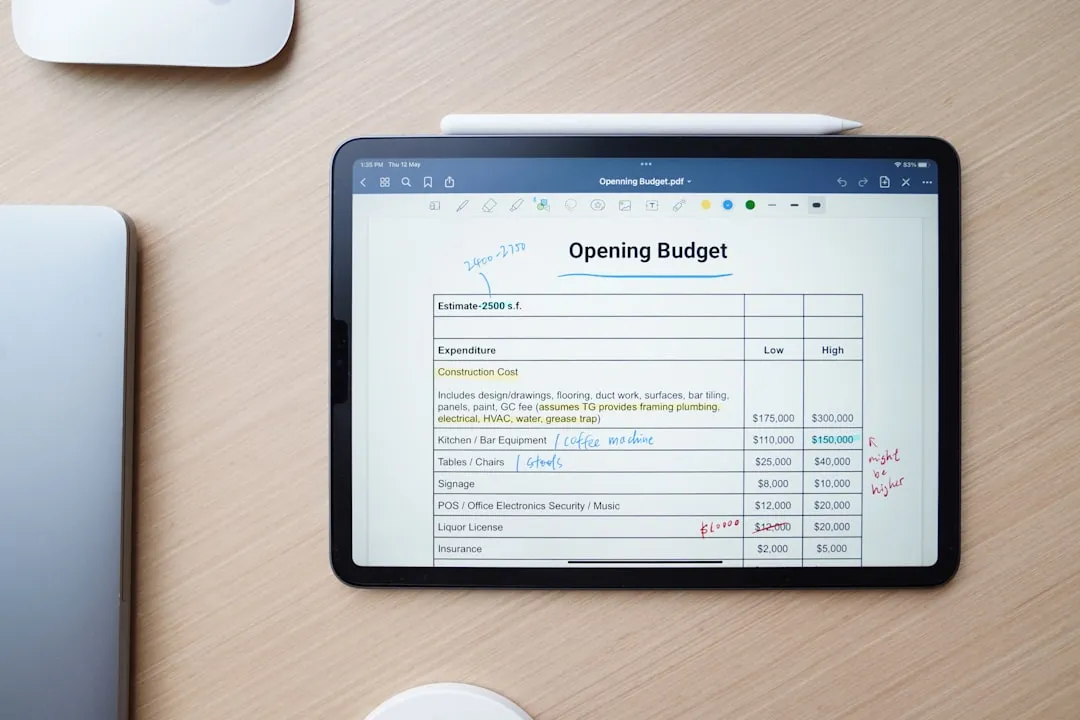

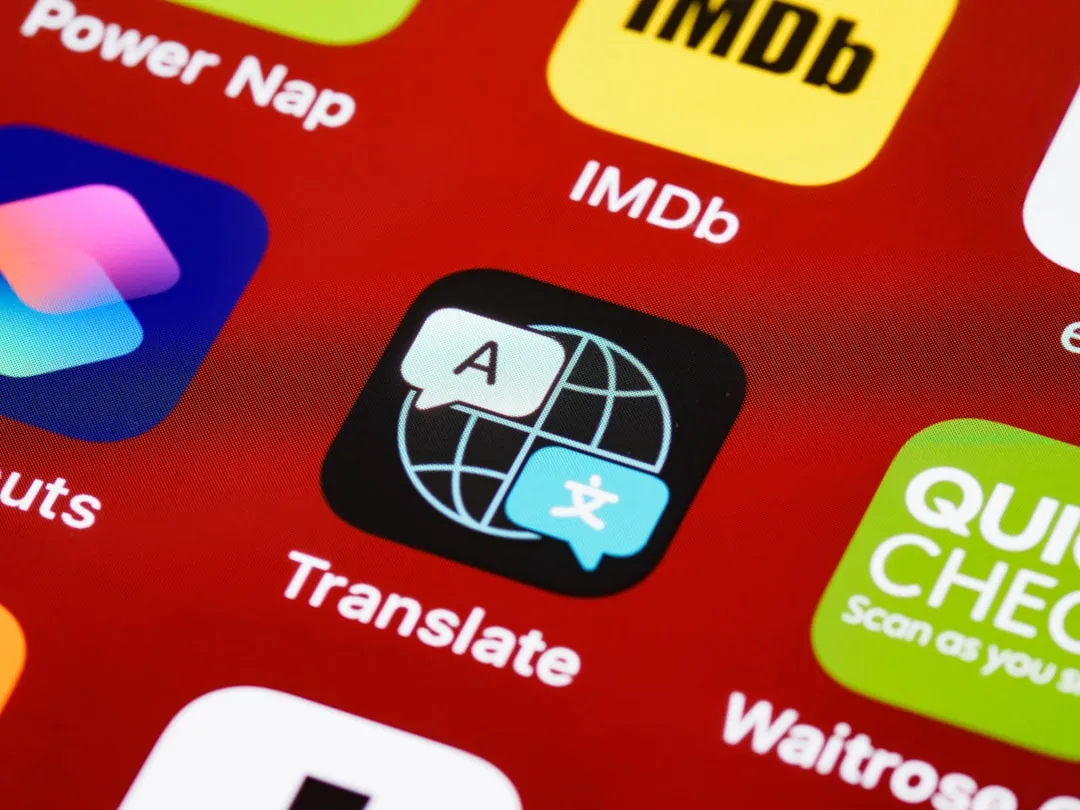



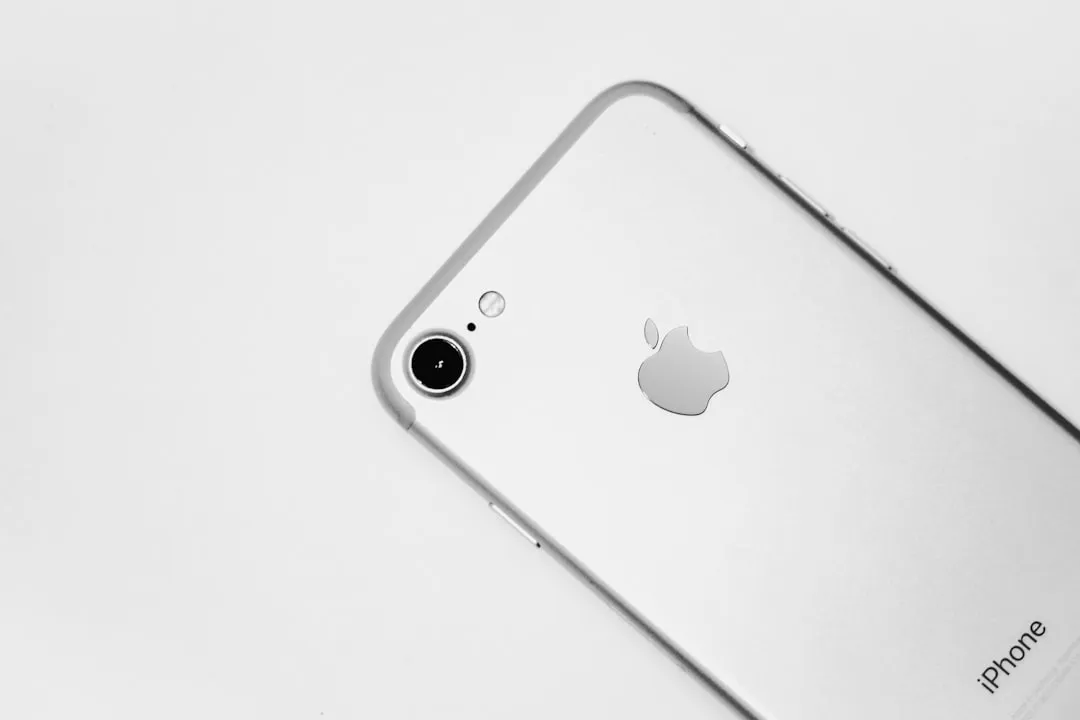
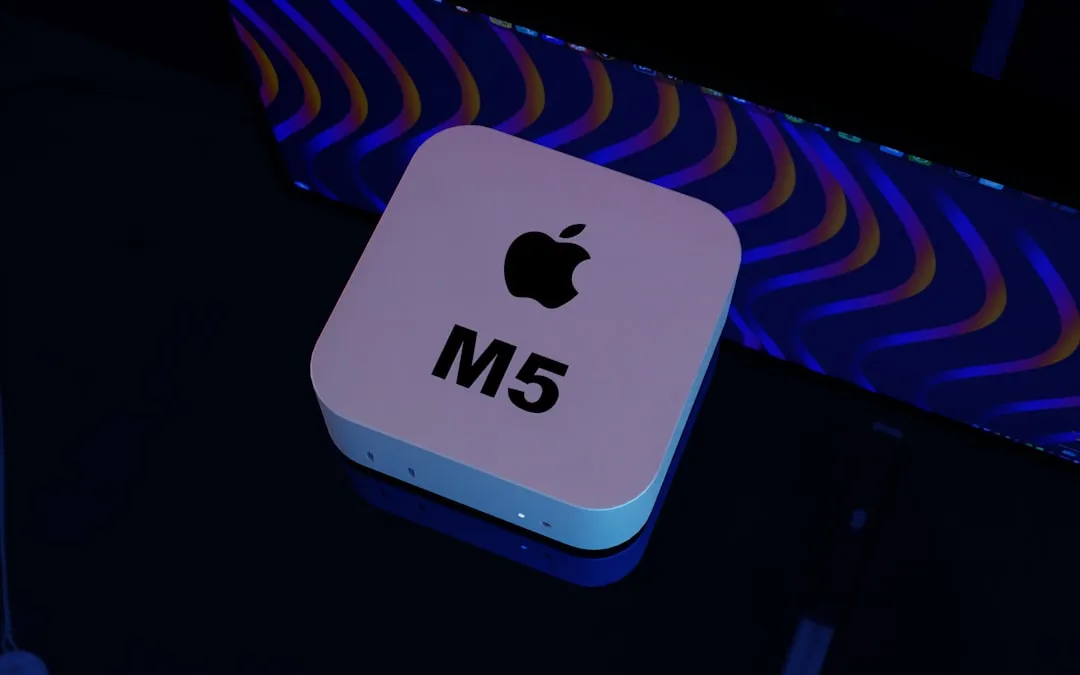
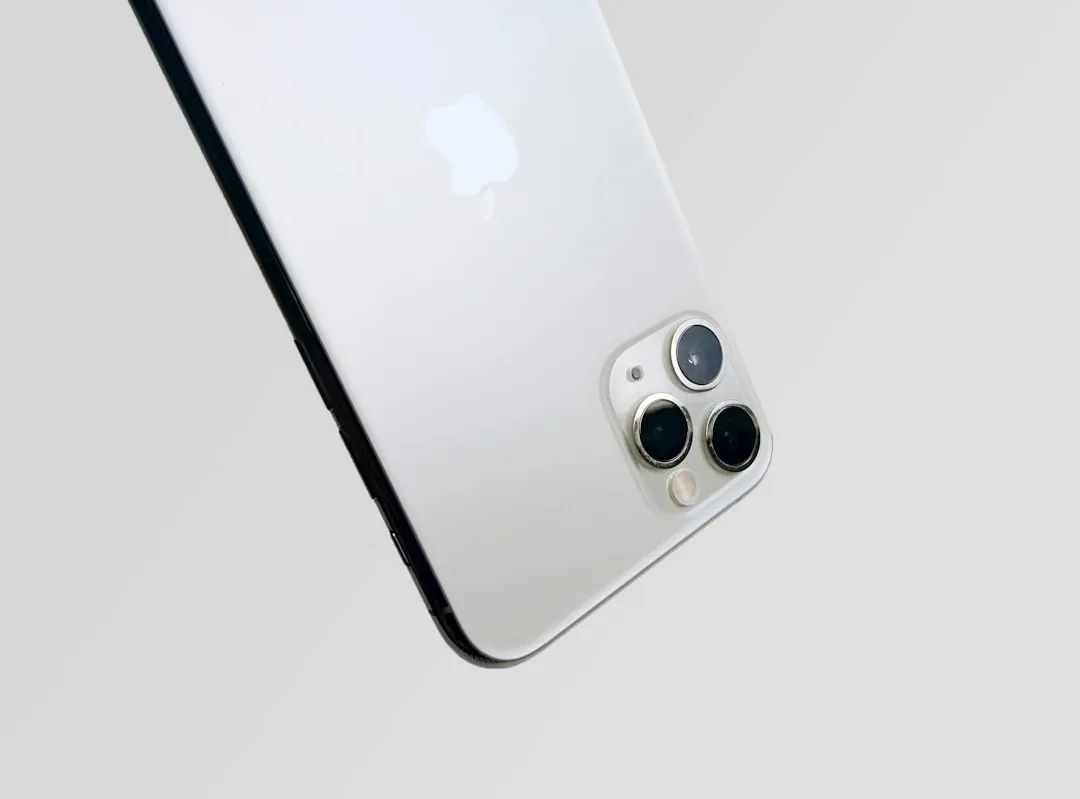

Comments
Be the first, drop a comment!